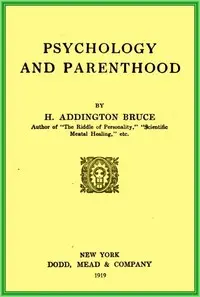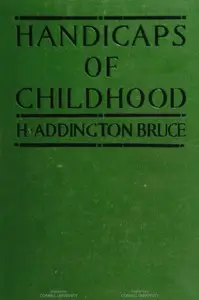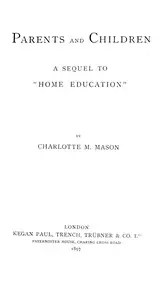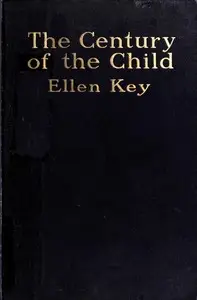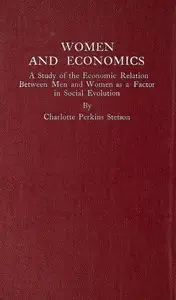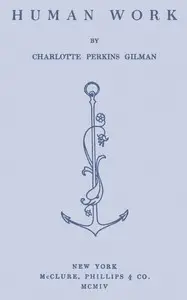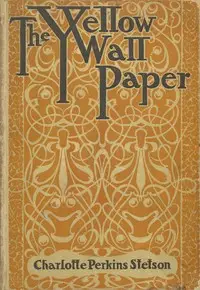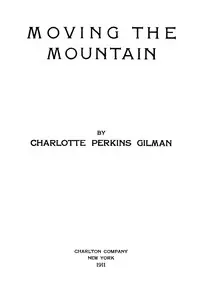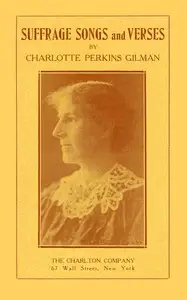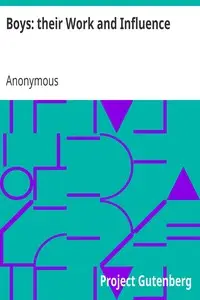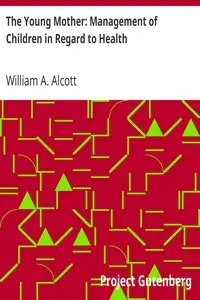"Concerning Children" by Charlotte Perkins Gilman is a persuasive discussion that introduces the concept of improving how children are raised. It centers on the idea that by carefully guiding children with kindness and knowledge, they can grow into better individuals who improve life for everyone. The book starts by looking at what makes humans special and how important childhood is for making society better. It explains that the initial years of a child's life are key to teaching good character traits that can positively change society. Gilman questions the traditional methods of punishment and strict following of rules, suggesting they often prevent a child from naturally growing and understanding their surroundings. By introducing these ideas, the author sets the stage to look into how thoughtful parenting can lead to a better world by growing intelligent, caring children.
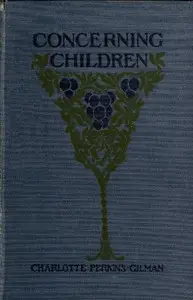
Concerning Children
By Charlotte Perkins Gilman
Unlock the untapped potential of future generations as a guide illuminates the path to raising children who will shape a brighter society.
Summary
About the AuthorCharlotte Perkins Gilman, also known by her first married name Charlotte Perkins Stetson, was an American humanist, novelist, writer, lecturer, early sociologist, advocate for social reform, and eugenicist. She was a utopian feminist and served as a role model for future generations of feminists because of her unorthodox concepts and lifestyle. Her works were primarily focused on gender, specifically gendered labor division in society, and the problem of male domination. She has been inducted into the National Women's Hall of Fame. Her best remembered work today is her semi-autobiographical short story "The Yellow Wallpaper", which she wrote after a severe bout of postpartum psychosis.
Charlotte Perkins Gilman, also known by her first married name Charlotte Perkins Stetson, was an American humanist, novelist, writer, lecturer, early sociologist, advocate for social reform, and eugenicist. She was a utopian feminist and served as a role model for future generations of feminists because of her unorthodox concepts and lifestyle. Her works were primarily focused on gender, specifically gendered labor division in society, and the problem of male domination. She has been inducted into the National Women's Hall of Fame. Her best remembered work today is her semi-autobiographical short story "The Yellow Wallpaper", which she wrote after a severe bout of postpartum psychosis.

